Safeguarding your online store is non-negotiable as a Magento/Adobe Commerce store owner. Your duty extends to protecting customer data, preventing cyber threats, and upholding trust. Adopting Magento/Adobe Commerce Security Best Practices is crucial for risk mitigation, breach prevention, and fostering a secure shopping environment.
Table of Contents
1. Robust Authentication Measures
Emphasize the use of robust, distinct passwords for all admin accounts. Additionally, enable two-factor authentication (2FA) to augment security, requiring an extra verification step, such as a mobile device code.
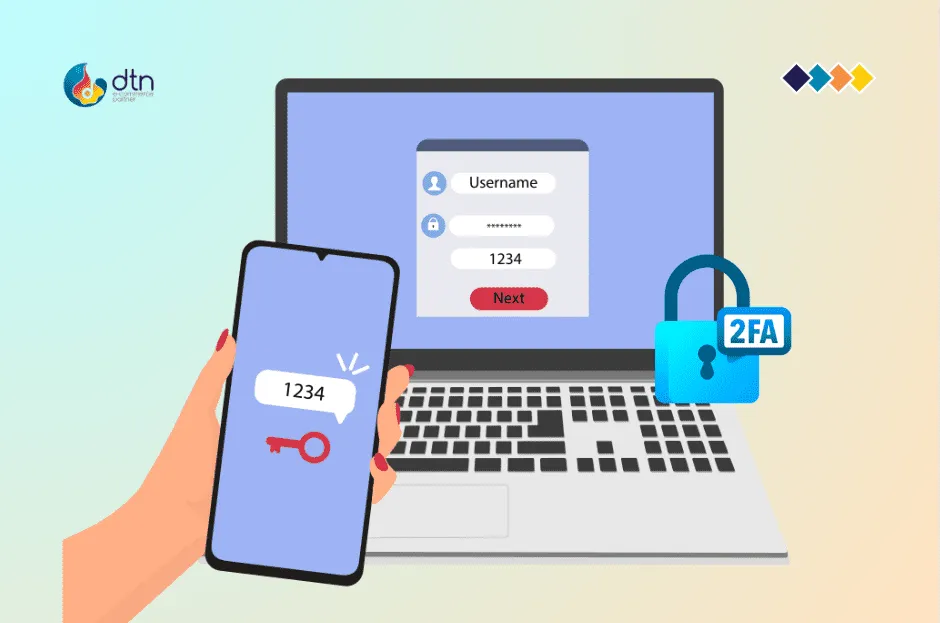
Use strong, unique passwords for admin accounts and add an extra layer with Two-Factor Authentication (2FA) for increased protection
2. Timely Software Updates
Magento/Adobe Commerce consistently releases security patches and updates to address vulnerabilities and enhance platform security. Timely application of these updates is essential to fortify your store against evolving threats.
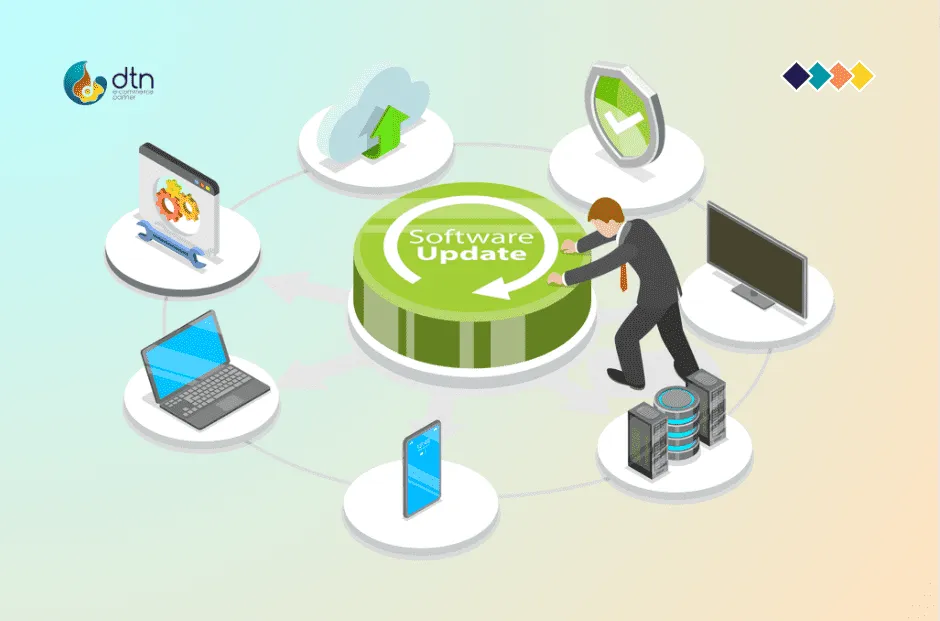
Keep up with Magento/Adobe Commerce updates for enhanced security against evolving threats
3. Selecting a Secure Hosting Provider
Opt for a reliable hosting provider with robust security features, including firewalls, intrusion detection systems, and DDoS protection. Regular monitoring of the hosting environment for suspicious activities is crucial.
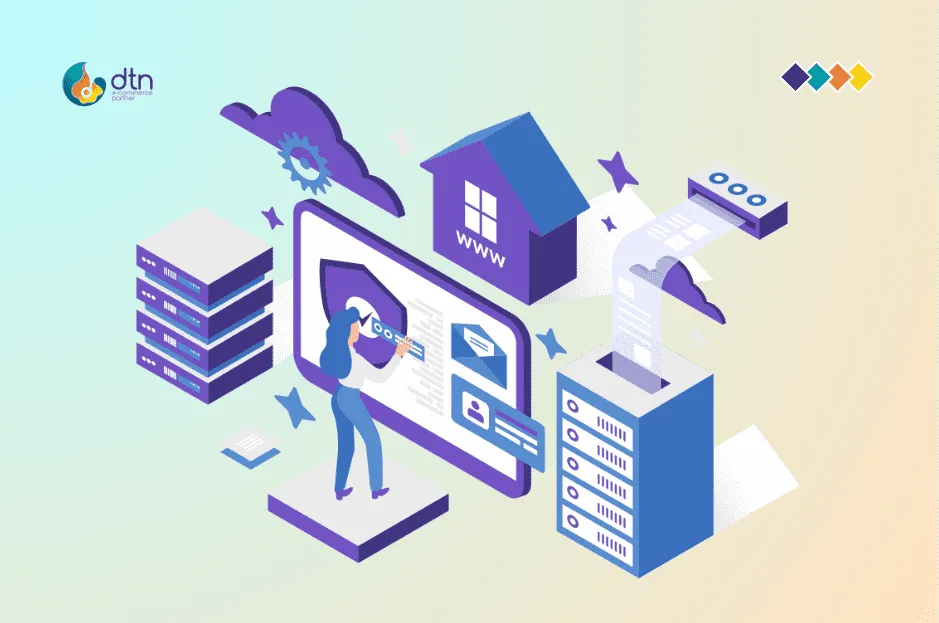
Choose a provider with robust features and regularly monitor for suspicious activities in your hosting environment
4. PCI Compliance
If your store processes credit card payments, ensure compliance with the Payment Card Industry Data Security Standard (PCI DSS). This set of security standards is designed to safeguard cardholder data.
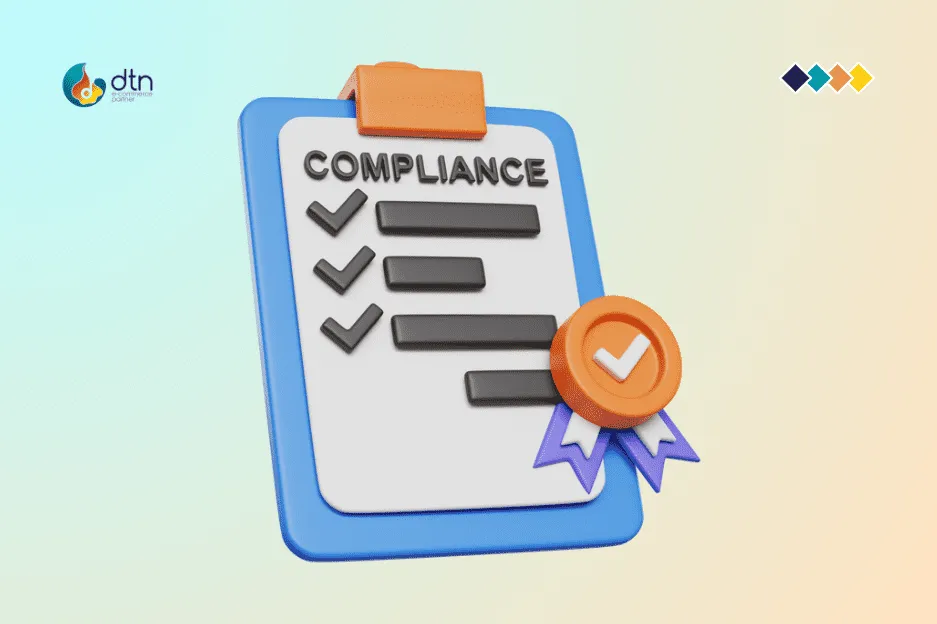
Ensure PCI DSS compliance for your store processing credit card payments, following industry standards to enhance security
5. Securing Payment Gateways
Integrate your store with secure payment gateways employing industry-standard encryption and fraud prevention measures. Avoid storing sensitive payment information on your servers.
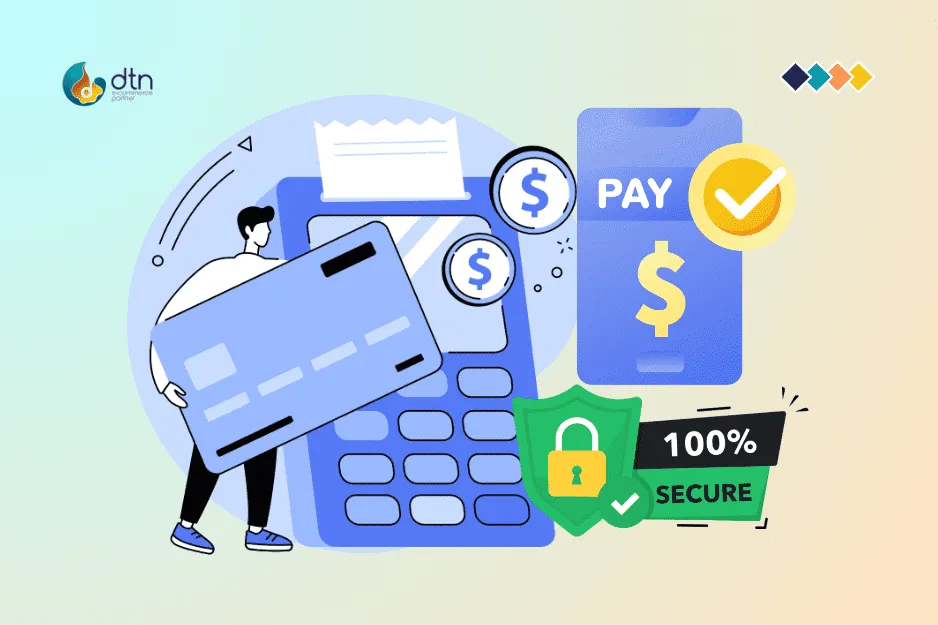
Use encrypted gateways with fraud prevention, and avoid storing sensitive payment info on your servers
6. Implementation of SSL Certificate
Install an SSL certificate to encrypt data transmission between your store and customers’ browsers, preventing eavesdropping and ensuring data integrity.
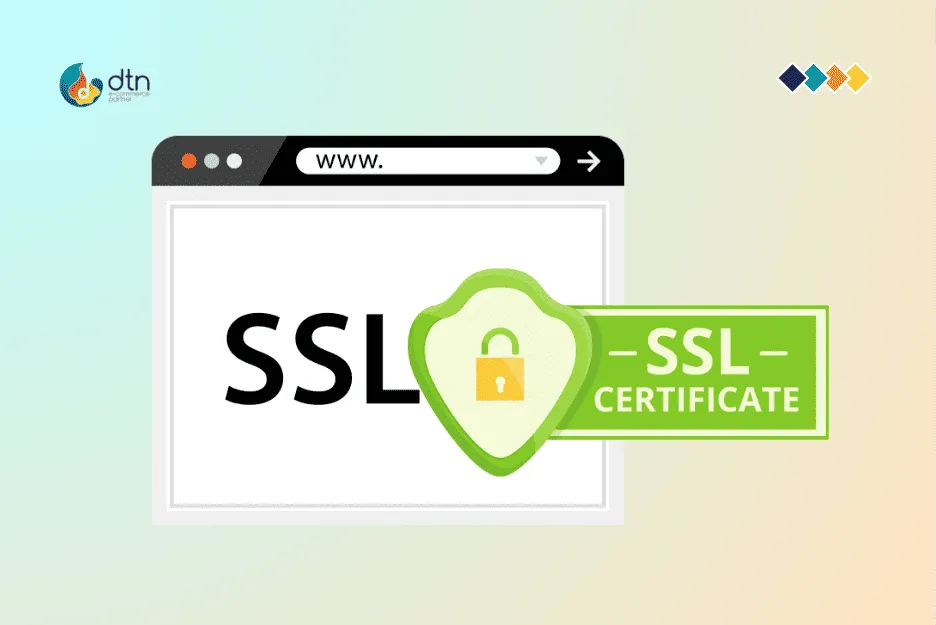
Install an SSL certificate for encrypted data transmission, ensuring customer privacy and data integrity
7. Web Application Firewall (WAF) Implementation
Deploy a WAF to shield your store from malicious traffic, such as cross-site scripting (XSS) and SQL injection attacks. A WAF can detect and thwart these attacks before reaching your server.
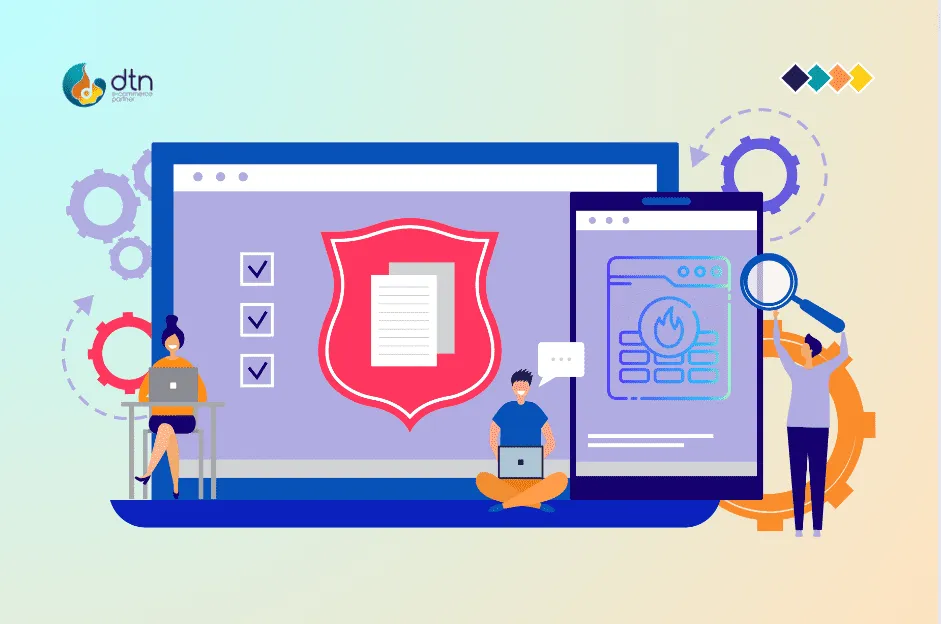
Deploy a Web Application Firewall (WAF) to guard your store against XSS and SQL injection attacks, preventing them before reaching your server
8. Routine Security Audits
Regularly perform security audits to pinpoint vulnerabilities and assess potential security risks. This can be performed internally or by engaging a reputable security auditor.
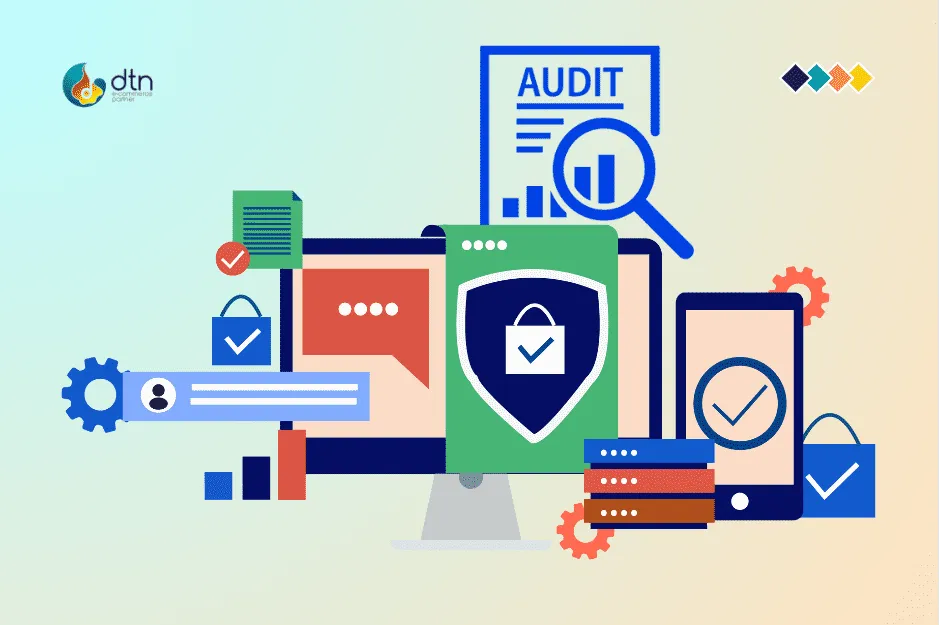
Conduct regular security audits, identifying vulnerabilities and assessing risks either internally or through a trusted security auditor
9. Employee Training
Educate your employees on security best practices, covering aspects like password management, phishing scams, and social engineering attacks. Encourage reporting of any suspicious activities or security concerns.
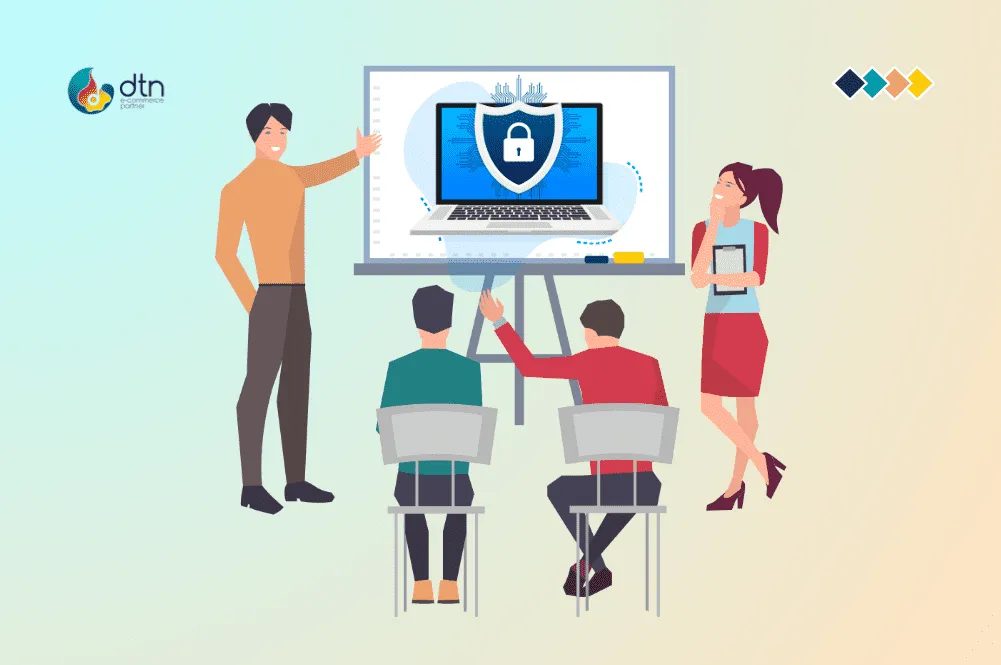
Train employees on password management, phishing, and social engineering, encouraging prompt reporting of any concerns or suspicious activities
10. Monitoring and Responding to Security Incidents
Establish a robust process for monitoring security logs and promptly responding to security incidents. Having a comprehensive plan for containment, eradication, and recovery in the event of a breach is crucial.
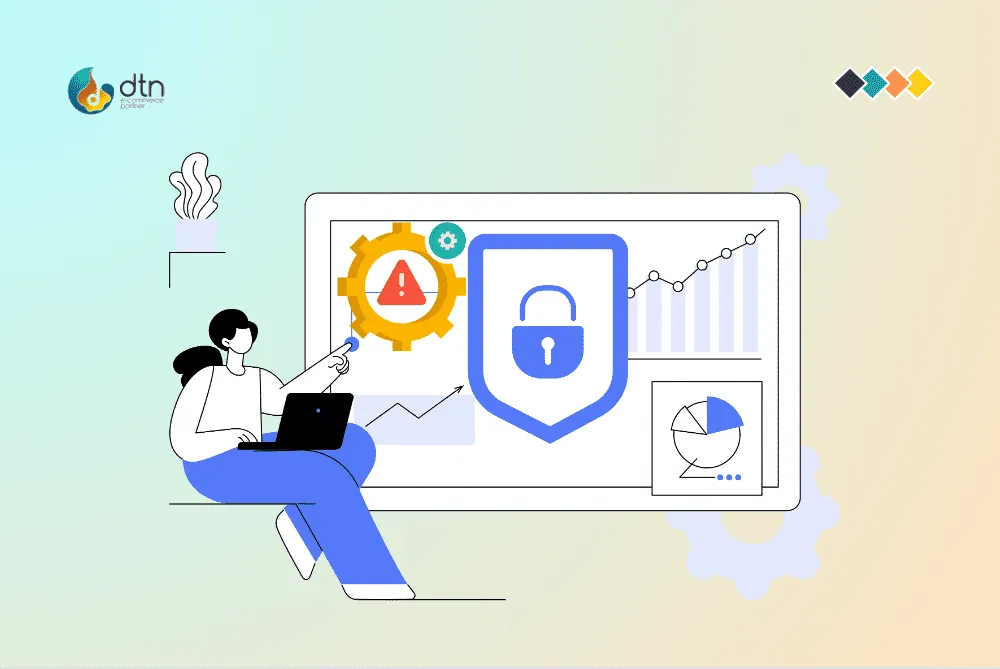
Monitor logs, respond promptly to incidents, and have a solid plan for containment, eradication, and recovery in case of a breach
Adhering to these pragmatic security best practices significantly diminishes the risk of cyber attacks and shields your Magento/Adobe Commerce store from potential threats. Remember, security is an ongoing process, demanding vigilance and adaptability to counter evolving threats and maintain a secure online shopping environment for your customers.
Frequently Asked Questions
We’ve compiled a list of answers to common questions on Magento/Adobe Commerce Security Best Practices.
Why is two-factor authentication (2FA) essential for Magento/Adobe Commerce store owners?
2FA adds an extra layer of security by requiring users to provide a second form of verification, reducing the risk of unauthorized access. It enhances account security for administrative accounts, critical for protecting sensitive data.
How does PCI compliance benefit online stores processing credit card payments?
PCI compliance, as per industry standards, ensures the secure handling of cardholder data during transactions. Adhering to PCI DSS standards is crucial for maintaining the integrity and confidentiality of payment information.
What role does a Web Application Firewall (WAF) play in online store security?
A WAF acts as a protective barrier against various cyber threats like XSS and SQL injection attacks. It filters and monitors incoming traffic, preventing malicious activities before they reach the server, enhancing overall security.
Why is employee training important for online store security?
Employees are often targets for cyber attacks. Training them on security best practices, recognizing phishing scams, and understanding social engineering tactics reduces the likelihood of human-related security breaches.
What steps should be taken in responding to a security incident?
Establish a clear incident response plan involving monitoring security logs, containment of the incident, eradication of threats, and recovery. Swift and well-defined responses are crucial in mitigating the impact of a security breach.
Is SSL encryption necessary if my online store doesn’t process sensitive information?
Yes, SSL encryption is essential for all online stores. It ensures the secure transmission of data between the store and customers, preventing eavesdropping and maintaining the integrity of information, even if not sensitive.
How can online store owners stay updated on evolving security threats?
Stay informed through industry publications, security forums, and updates from Magento/Adobe Commerce. Regularly participate in security communities to understand emerging threats and adapt security measures accordingly.
Can you recommend a reliable hosting provider for Magento/Adobe Commerce stores?
Popular hosting providers known for Magento/Adobe Commerce compatibility include Nexcess, SiteGround, and AWS. Choose a provider based on your specific requirements and ensure they prioritize security features.
Are there any tools or services you recommend for internal security monitoring?
Tools like Security Information and Event Management (SIEM) systems, intrusion detection/prevention systems, and log analyzers can aid in internal security monitoring. Choose tools based on your store’s size and monitoring needs.
How frequently should security audits be conducted for a Magento/Adobe Commerce store?
Regular security audits are essential, whether conducted internally or by external auditors. The frequency may vary based on the store’s complexity and threat landscape, but regular assessments help identify vulnerabilities and risks.



